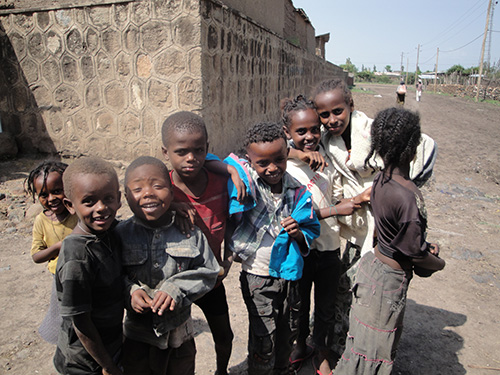This site is currently under development and is not yet launched. If this site is ready to be launched, please contact webadmin@anr.msu.edu.
Key Messages
 Agricultural productivity growth is at the heart of Africa’s economic transformation, and investing in Africa’s economic growth is in the United States’ national interest.
Agricultural productivity growth is at the heart of Africa’s economic transformation, and investing in Africa’s economic growth is in the United States’ national interest.- Even with strong agricultural productivity growth, sub-Saharan Africa will be increasingly dependent on world markets for staple grains and oil seeds due to rapid population growth. Income growth will further increase Africa’s reliance on world markets for commodities such as wheat, rice and soybeans.
- Young people between 15 and 34 years of age account for roughly 60% of Africa’s labor force. The agri-food system is a major source of employment for this young population.
- Exploiting win-win opportunities for the US and Africa will require sustainable building of African public and private sector organizations that support African farmers: universities, training colleges, vocational schools, national research and extensions systems, and policy analysis units.
- US assistance should emphasize long-term capacity building support to these African institutions. US development assistance can most effectively build African capacity and support economic development in Africa by shifting their role from providing the technologies, services, and answers themselves to helping African institutions to do so.


